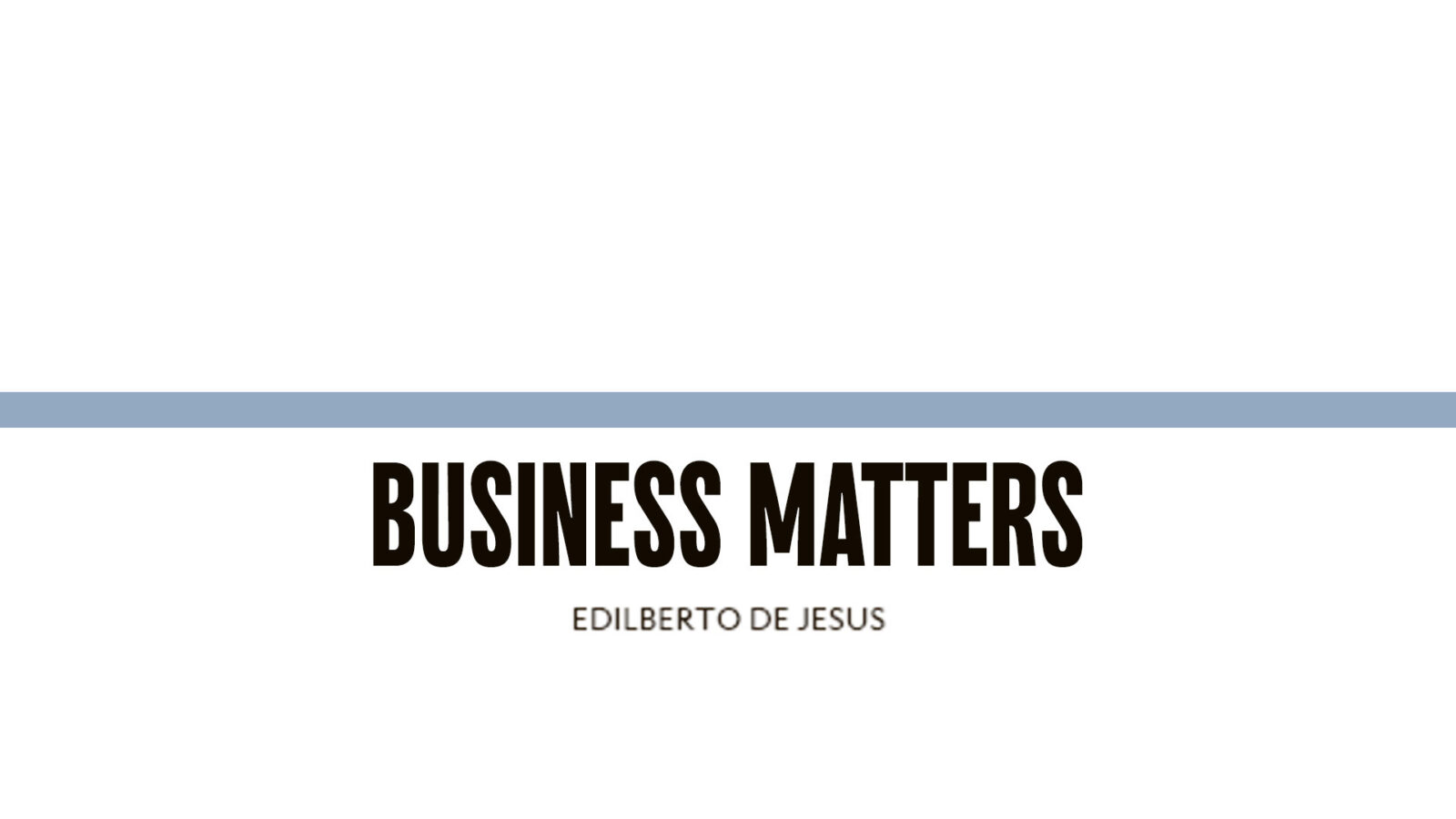Revisiting MTB-MLE

Not all programs using the mother tongue as a bridge medium of instruction (MOI) in the early grades succeed. Congress concluded that our Mother Tongue-Based Multiple Language Education (MTB-MLE) ranks among the failures. In 2024, Congress repealed Republic Act No. 10533, which was enacted in 2013, and mandated the use of nonTagalog mother tongues as MOI for children in K-3 classes. The recent paper by Dean Yang and Lloyd Thomas for the American National Bureau of Economic Research (NBER) confirmed the congressional conclusion: MTB-MLE did not achieve its intended results.
The study compared the performance of two groups of K-3 schoolchildren: those in the test schools (TS), which used nonTagalog mother tongues, and those in the control schools (CS), which used Filipino and English as the MOI. The average subject test scores of the two groups at the end of Grade 3 showed no significant differences. The comparison of the performance of the two groups at the end of Grade 6 proved even more disappointing. The children who started their schooling with Filipino and English as MOI enjoyed an estimated three-month lead in learning results compared to the TS children, who began with their respective mother tongues as MOI.
Documented evidence of failure was doubtless distressing to MTB-MLE advocates. But the authors were careful to state that their research did not determine why the MTB-MLE failed. It did not deny MTB-MLE’s success in other settings, nor did it refute the logic of the strategy to use the language best known to the children as the MOI in the earliest years of their schooling. The MTB-MLE failure may be one of poor implementation rather than of wrong policies.
The study suggested sources of failure that even the Department of Education and the legislators acknowledged. DepEd had less than six months’ lead time to roll out the national program. Was it able to staff the TS schools with teachers competent in the mother tongue? Did it support these teachers with the necessary learning materials? Did DepEd test what language the TS children brought with them from their homes to the schools? Was the language used as MOI really the mother tongue of most of the children in the TS classrooms?
Beyond implementation flaws, a couple of counterfactual questions suggest a different reading of the study. MTB-MLE leveled the playing field in allowing both groups of children to use their respective mother tongues as MOI. Not surprisingly, therefore, both groups performed at basically the same level. Would the TS children have performed as well if they had been placed in classes that used Filipino rather than their own languages as MOI?
The drop in the TS performance against CS performance at the end of Grade 6 was disappointing but also unsurprising. It was, arguably, the product of a policy successfully enforced at Grade 4, when DepEd, as allowed by RA 10533, generally changed the MOI for the TS children from nonTagalog mother tongues to Filipino and English. Might the change of MOI at Grade 4 have affected the learning of the TS children?
Using the same MOI from Kinder to Grade 6, the CS children suffered no similar disruption in their learning process. This difference raises the second, counterfactual question. Might the TS children have performed better had they been permitted to continue using their own language as MOI beyond Grade 3? RA 10533 had anticipated that the TS children might need a longer transition to the use of Filipino and English as MOI. It provided that the TS mother tongues could be used as MOI up to Grade 6, if necessary.
It was understandable, however, why DepEd did not consider extending MTB-MLE beyond Grade 3. It would have required DepEd to provide more advanced Grades 4 to 6 learning materials for Tagalog, English, Math, and Science, as well as for the new Grade 4 subject of Social Studies, which combined History, Geography, and Civics. And, of course, to assign to teachers to the TS classrooms who could handle these subjects in the non-Tagalog languages.
The new MOI policy established by RA 12027 does not ban the use of MTB-MLE. It requires, rather, that DepEd prepare for its more systematic implementation. First, it directs DepEd to undertake language mapping at the school level to establish that the projected MOI is the language most of the children understand. Second, it ensures that the TS classes are given the necessary resources in learning materials and adequately prepared teachers.
The DepEd was unable to meet these two conditions in the first effort to implement MTB-MLE, with the cost of failure falling on the millions of schoolchildren who entered elementary school from 2013 onward. Hopefully, aided by more evidence-based research from NBER and other partner organizations, a revitalized DepEd can more effectively implement the language policy mandated by RA 12027.
—————–
Edilberto C. de Jesus is professor emeritus at the Asian Institute of Management.
—————–
Business Matters is a project of the Makati Business Club (makatibusinessclub@mbc.com.ph).





















India’s ‘show of strength’ risks global strategic fallout